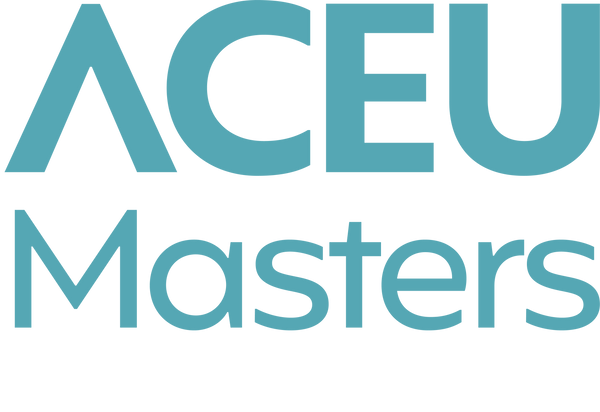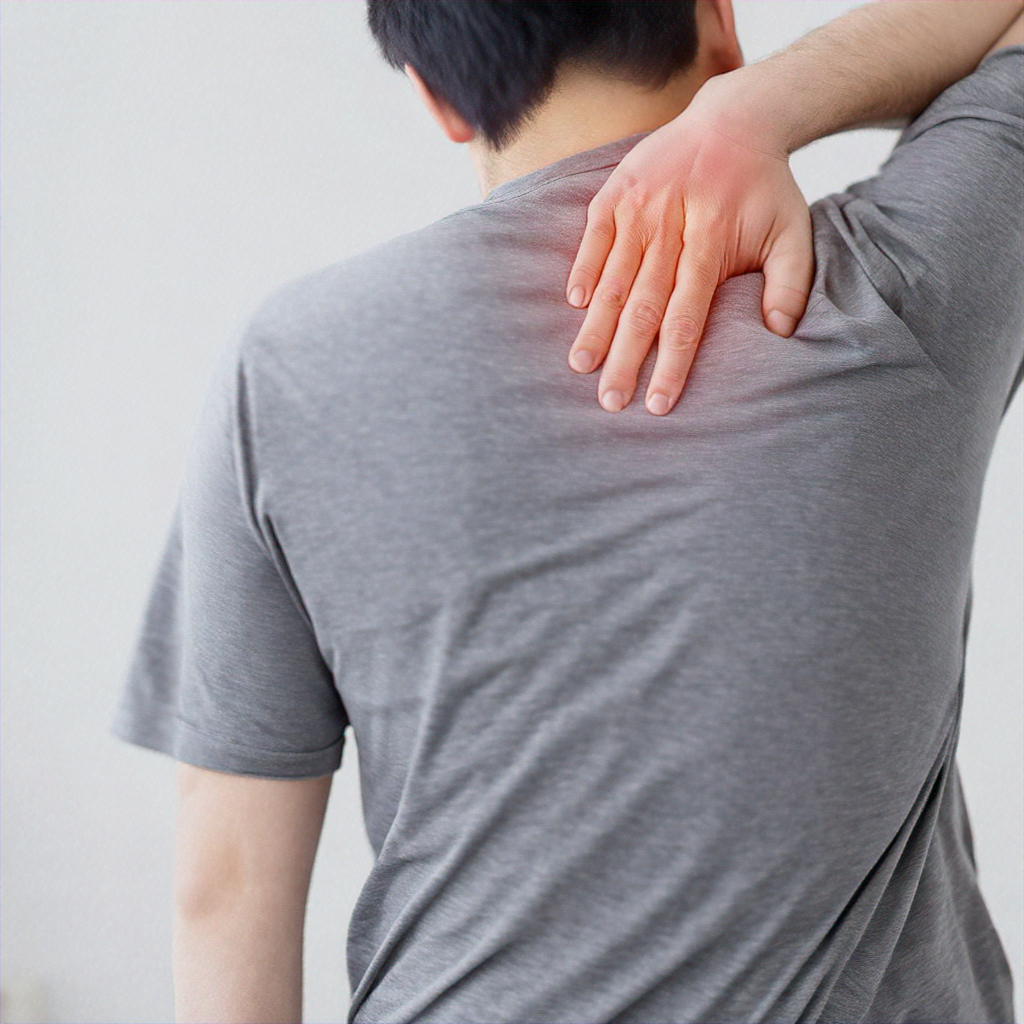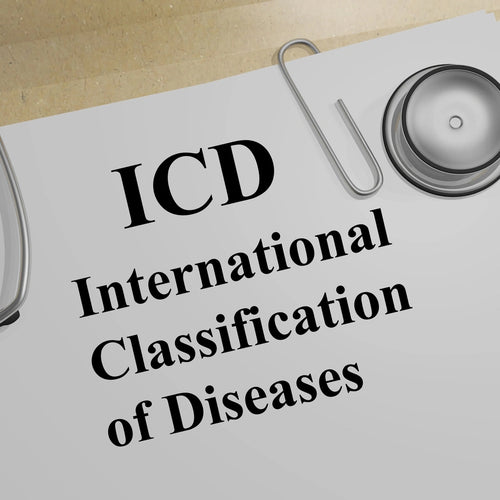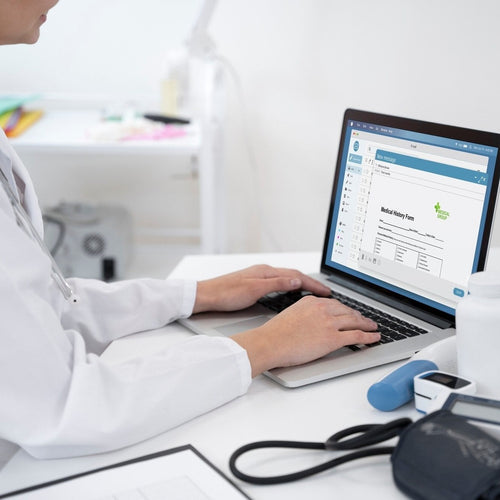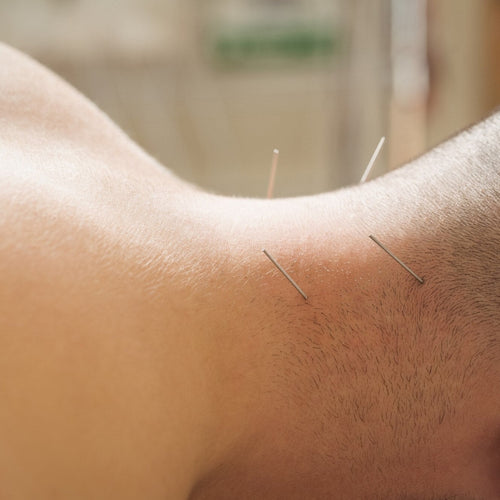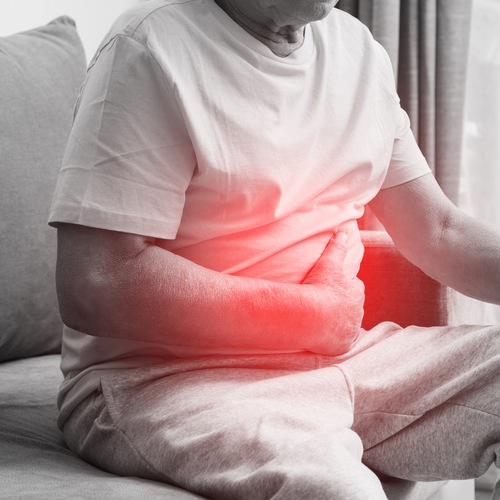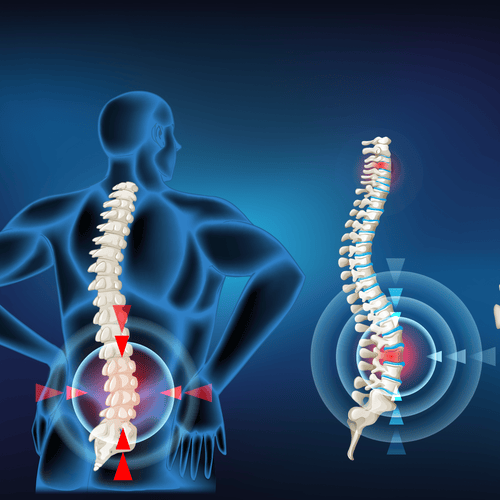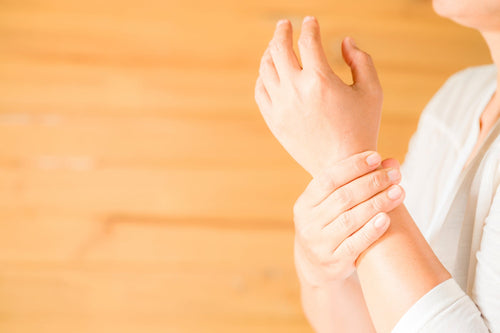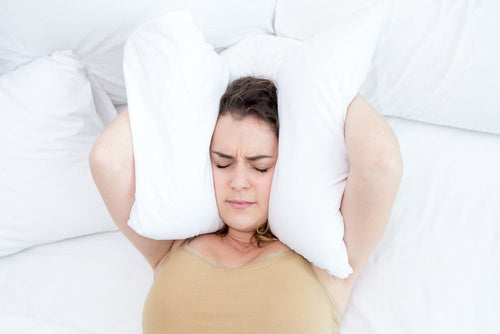Acupuncture Points for Inflammation: A Comprehensive Guide for Acupuncturists
Inflammation, a complex biological response to harmful stimuli, is a common ailment affecting numerous patients. As acupuncturists, understanding and effectively utilizing specific acupuncture points to address inflammation is crucial for providing comprehensive and effective care. This article delves into key acupuncture points known for their anti-inflammatory effects, providing acupuncturists with a deeper understanding of point selection and treatment strategies.
Understanding the Inflammatory Process
Before exploring specific acupuncture points, it's vital to grasp the underlying mechanisms of inflammation. The inflammatory response involves a complex interplay of cells, chemicals, and processes, aiming to eliminate harmful stimuli and initiate tissue repair. However, chronic inflammation can contribute to various health issues, including autoimmune diseases, cardiovascular disease, and neurological disorders. Acupuncture offers a holistic approach to modulating the inflammatory response and promoting healing.
Key Acupuncture Points for Inflammation
Several acupuncture points have demonstrated efficacy in managing inflammation. The choice of points depends on the location, nature, and severity of the inflammation, as well as the patient's overall constitution. Here are some noteworthy points:
- LI4 (Hegu): Located between the thumb and index finger, LI4 is a powerful point for reducing pain and inflammation throughout the body. It's particularly useful for inflammatory conditions affecting the head, face, and upper extremities. Its strong anti-inflammatory effect is often attributed to its impact on the body's Qi flow.
- SP6 (Sanyinjiao): Located on the medial aspect of the lower leg, SP6 is a vital point for regulating blood and Qi. It is frequently used to address inflammation associated with gynecological issues, digestive problems, and lower limb conditions. Its effectiveness stems from its ability to harmonize the function of the spleen, liver, and kidney meridians, all crucial in managing inflammation.
- GB34 (Yanglingquan): Situated on the lateral aspect of the lower leg, GB34 is renowned for its ability to regulate liver Qi and alleviate muscle spasms and pain. This point is often included in treatment plans for inflammatory conditions affecting the musculoskeletal system, such as arthritis and tendonitis.
- BL23 (Shenshu): Located in the lumbar region, BL23 is a key point for tonifying kidney Qi and strengthening the immune system. Given its connection to kidney function, this point can be beneficial in addressing inflammation related to immune dysregulation.
- TW5 (Waiguan): Located on the dorsal aspect of the forearm, TW5 is widely used to treat inflammatory conditions affecting the upper extremities. Its effectiveness arises from its ability to regulate blood flow and reduce pain.
Treatment Strategies and Considerations
The selection of acupuncture points and treatment strategies must be tailored to the individual patient and the specific inflammatory condition. Factors to consider include:
- Location of Inflammation: Choose points located near the affected area for local effects.
- Nature of Inflammation: Acute vs. chronic inflammation will dictate point selection and needling techniques.
- Patient's Overall Health: Consider the patient's constitutional factors and any underlying health issues.
- Needling Techniques: Various needling techniques, including tonification, sedation, and dispersing, can be employed depending on the specific needs.
- Frequency of Treatment: Treatment frequency varies depending on the severity and chronicity of the condition. Regular treatments may be necessary for chronic inflammation.
Conclusion
Acupuncture offers a valuable therapeutic approach for managing inflammation. By understanding the underlying mechanisms of inflammation and the specific actions of various acupuncture points, acupuncturists can effectively utilize these techniques to alleviate symptoms, improve patient outcomes, and promote overall well-being. Continued research and clinical experience are essential in further elucidating the efficacy of acupuncture in the management of inflammatory conditions.
